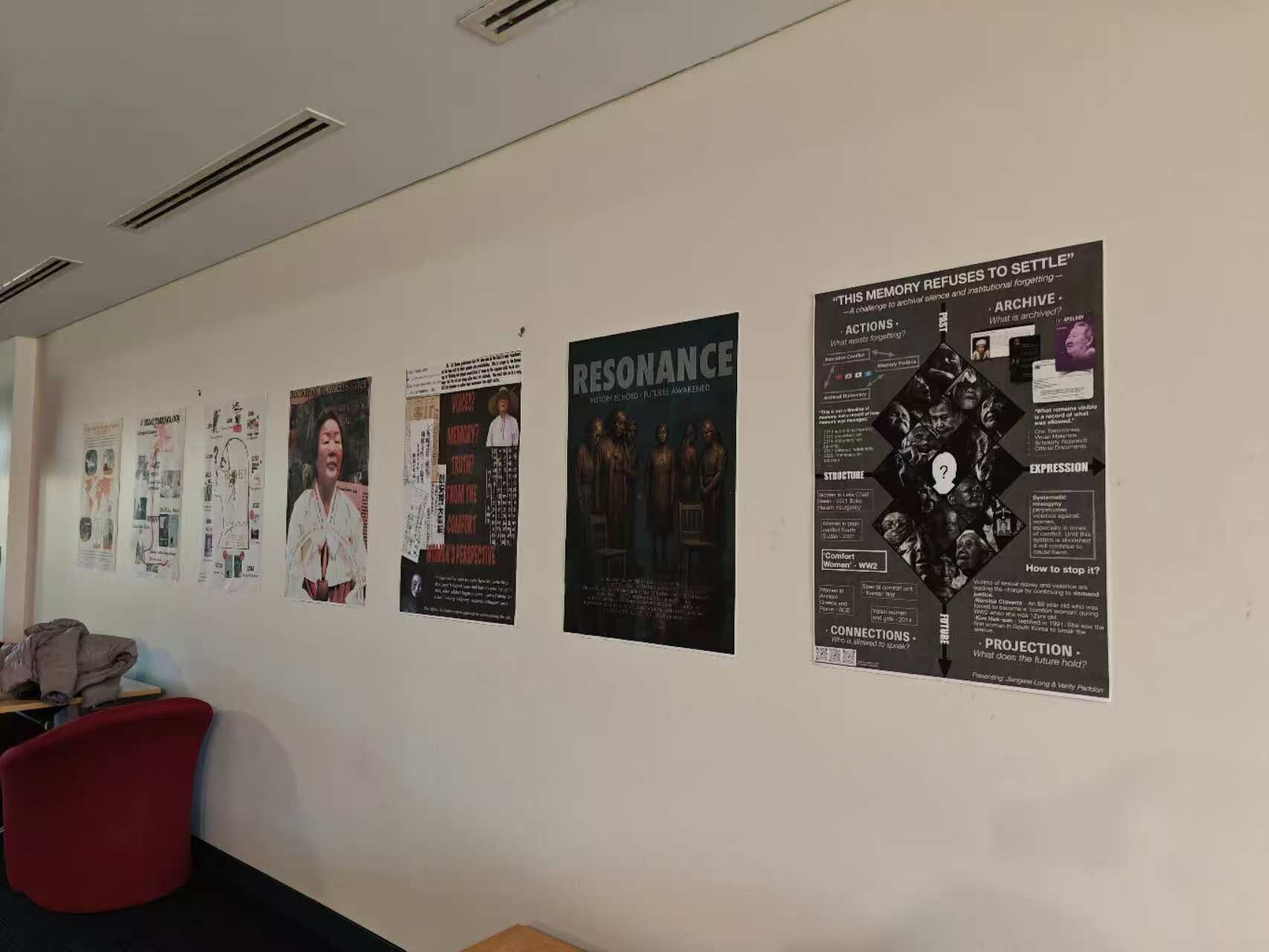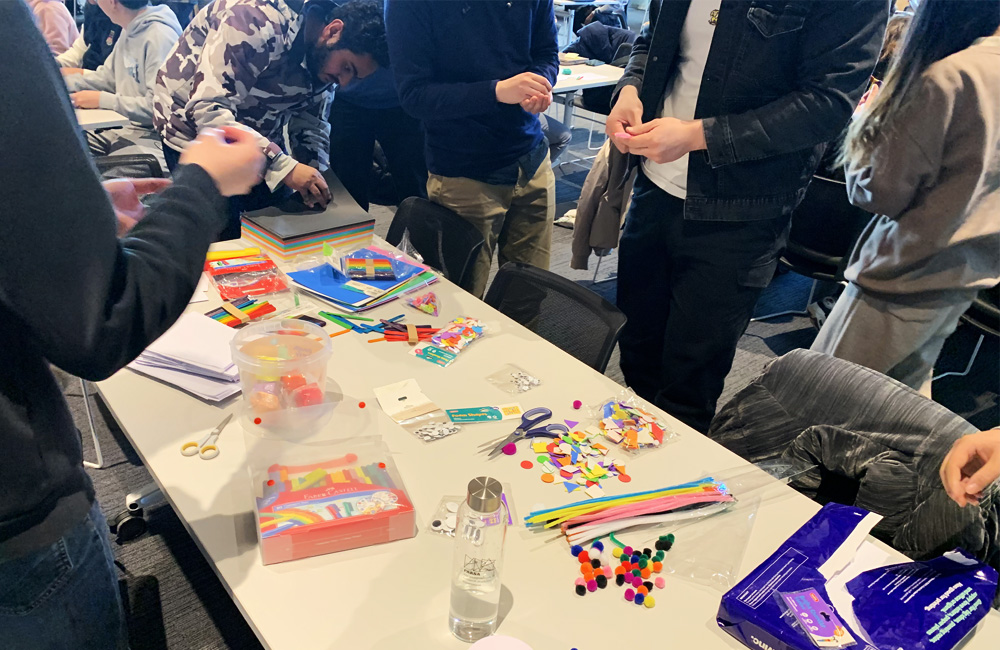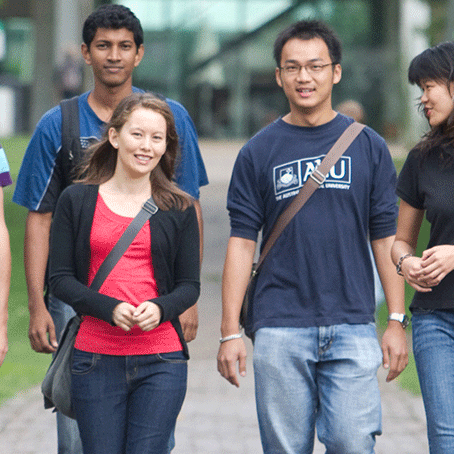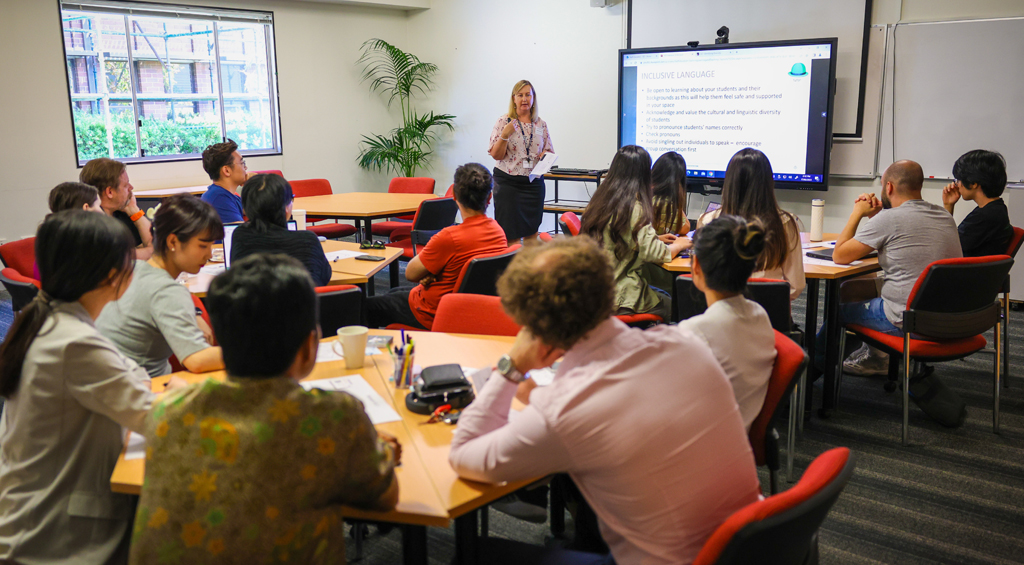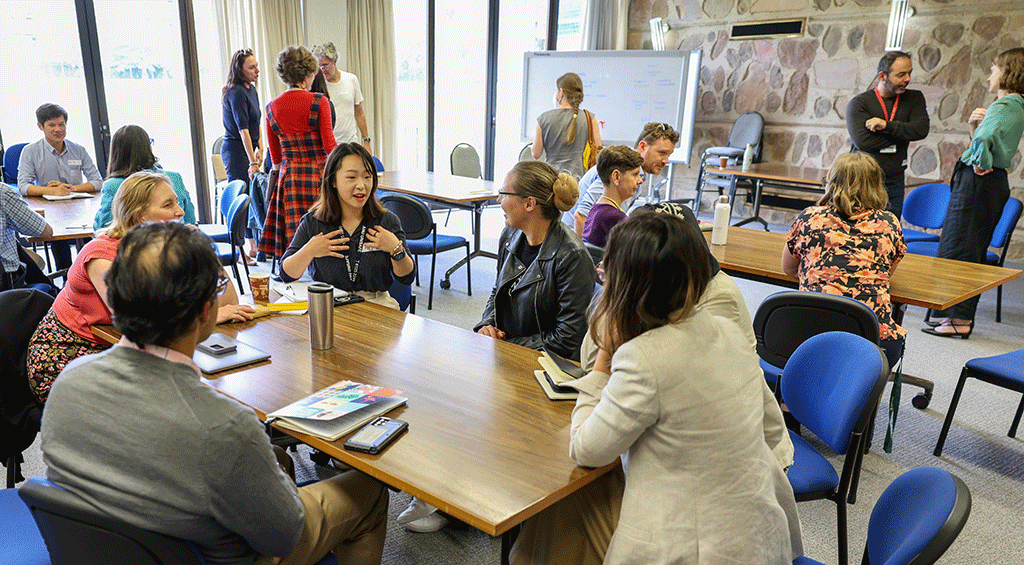“I think we tend to say that we are research-led or research-based without necessarily reflecting on what that means in our particular discipline.” – Professor Ford
ANU has a global reputation for research and prides itself on its research-led teaching. Yet as a student myself, I’ve often realised I am not fully aware of what this looks like in practice. It raises all sorts of questions: How do I know when research and teaching intersect? If the academics follow a teaching curriculum, does it make much of a difference if they are experts in a certain field of law? Does their external research really have any impact on one’s learning – and why does it matter?
I conducted a series of interviews with four ANU College of Law academics on what research-led teaching looks like, hoping to contextualise and reflect on my own learning experiences as a law student. Through their insights and experiences, I saw the value of such pedagogy and the impact it has on student learning.
What is research-led teaching and what does it look like at the ANU College of Law?
According to Associate Professor Wayne Morgan – who is also the Associate Dean for the ANU College of Law: “[T]he whole ethos of the ANU as a research-led institution … [is that] all of our teaching should be research-led. That applies throughout the programs, whether they be compulsory courses within the programs, or elective courses in the programs, or indeed even in the more work integrated learning aspects of the program.”
At its core, research-led teaching is apparent when an academic teaches subject matter that aligns with their expertise, allowing them to bring insights from their research into their teaching.
Academics practice this in multiple ways. While there is less scope for course design in a compulsory course, they require an element of research as the academic needs to be up to date with any changes in the legislation or new cases. Research can also be incorporated through illustrations and asides that demonstrate the core concepts in a different context more familiar to the academic. Professor Jo Ford describes this as: “…sprinkling or weaving through [the compulsory course] some of your own experiences and insights from your research area in ways that give your teaching more authenticity and authority.”
In addition, the law program offers a plethora of electives, allowing students to engage with more specialised or niche aspects of the law that interest them. Wayne recommends this as a great platform for academics to design a course purely based on their research areas. A recent example of this is Dr Cassandra Steer’s new elective, Space Law and Governance, which was based entirely on her specialisation in space law, space policy and space security. By incorporating research in this way, academics are able to offer “expertise that doesn’t exist anywhere else, and a perspective on the subject matter that doesn’t exist anywhere else.” (Dr Steer)
The ANU College of Law also offers experiential learning based on an academic’s research field. For instance, students recently had the opportunity to contribute to Jo’s research in modern slavery by analysing companies across a sector and how they have been responding to the risk of modern slavery. This project provided students with an opportunity to engage in research topics using less conventional and more collaborative and independently research-driven methods.
Why does it matter?
Research-led teaching undoubtedly shapes the student learning experience. Foremost, research-led teaching develops critical thinking. This may sound rather obvious, but the impact it has on students’ learning should not be overlooked. While scientific and mathematical courses are generally about testing and applying a proven formula or ‘truth’, research-led teaching in the context of law usurps the assumption that what you are learning is hard truth. An academic’s research offers different perspectives, which inspires investigation, triggers debate and invites alternative ways of questioning the material being taught. For example, as well as discussing her own research on current issues, Cassandra was able to bring in an Aboriginal astronomer who offered insight into Indigenous perspectives in the realm of space law. In this way, she was able to use interdisciplinary research as a medium to enrich her students’ critical thinking skills.
Moreover, research-led teaching produces an inspired and motivated academic, and as such directly influences the learning environment for students. While academics do not always teach their specialisation, especially within the compulsory subjects, it often interests and inspires them if they are able to incorporate their research. Jo notes the impact of this in the classroom: “In my own experience, you feel a lot more alive and motivated and the students can tell. They’re like, ‘Wow, this person is very passionate about this subject that they know a lot about. They research it, and they’re sharing it with me… This person is letting me into the world that they know so well, which can create quite a good, intimate learning experience.”
Finally, research-led teaching helps students see the relevance of the subject, whether it be through current affairs or everyday life. This shows students that what they are learning is not only confined to the classroom but also is relevant to the world in action. For instance, Associate Professor Vivien Holmes used her research on sexual harassment and bullying in the legal profession in the Laws, Justice and Ethics course. She found that when students can see a connection between research and an issue in real life, it not only enriches their learning but also empowers them to act and consider how they can practically put into action what they have learnt. Even for courses that may not have an immediate practical application, seeing the relevance can encourage students to consider how they can use their studies in the long run to address such issues.
Conclusion
My chats with these academics have helped me identify the ways in which specialised research has been incorporated in the courses I have taken, which has also enriched my appreciation of its ‘capillary effects’ on my learning. Students are fortunate that ANU invests in education driven by leading research, and I am confident that as students progress through their degree, they will continually see how ANU lives up to its reputation.
Rebecca Gibson is a student in the ANU College of Law and a part-time Education Technologist at the Centre for Learning and Teaching.
